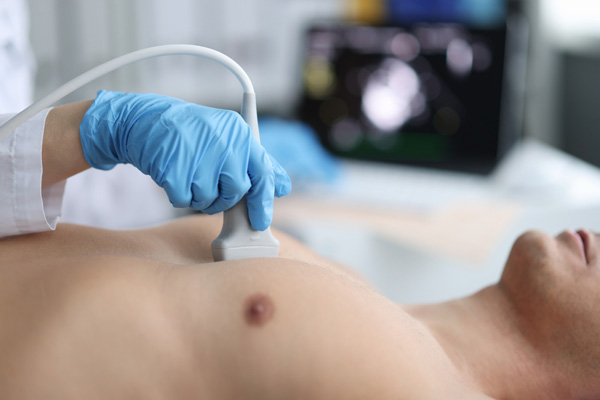How to Reduce Your Risk of Developing Cardiovascular Disease

Cardiovascular disease is the leading cause of death in the United States. This condition occurs when blood vessels become narrow or blocked. If you have been diagnosed with heart disease, you have a greater risk of having a heart attack, stroke or chest pain. Fortunately, there are things you can do to lower your chances of developing these problems.
What cardiovascular disease can do
Though some people are born with heart defects that cause heart disease, it often is the result of poor habits. Patients who follow a doctor’s counsel can stay away from this deadly disease. It is also important to be diligent about maintaining wellness. Also, other symptoms include shortness of breath, irregular heartbeat, chest pain and swollen feet and ankles. Heart problems can also cause excessive fatigue.
Stop smoking
People who smoke are more likely to have cardiovascular disease and other heart problems than people who do not. Smoking cigarettes raises a person’s blood pressure. This makes the individual more prone to getting this condition. People who do not smoke should never start. Individuals who currently smoke should stop immediately. Cardiologists and general doctors can help patients who struggle to break this habit.
Exercise regularly
Lowering a person’s risk for heart disease can start step by step — literally. It is important to stay active and exercise at least 30 minutes a day. Those who are prone to cardiovascular disease should talk to their doctor. The physician can talk about planning an exercise routine. Activities such as walking, running, cycling and swimming can strengthen the heart. The doctor can recommend other good workouts for the person’s age and health.
Watch the diet
Poor eating habits can be a significant factor in developing cardiovascular disease. People whose diets are high in saturated fat, trans fat and cholesterol have a greater risk of getting heart disease. These foods can contribute to weight gain and obesity. These pose more dangers to the heart and cardiovascular system. People should focus on eating fruits, vegetables and grains instead.
Get regular checkups
Even people who think they are healthy could have cardiovascular problems. Yearly checkups are integral to overall wellness and to maintaining a strong heart and healthy veins and arteries. The doctor can identify emerging concerns and recommend actions to reverse the damage. A family doctor may refer the patient to a cardiologist, who can test the person and start a treatment plan. Older patients have a higher risk of cardiovascular disease, so they may need even more frequent attention.
Do your part
Though cardiovascular disease is common, you can take steps to avoid developing this serious condition. Heart problems can affect your daily life and have an impact on your loved ones. Fortunately, even if you have heart problems, you can regain your health and achieve your goals. By adopting a healthy diet, exercising and losing weight, you can get control over your heart and eliminate the effects of cardiovascular issues. Talk to your doctor today for advice on what else you can do to avoid this disease.
Get more information about Florida Premier Cardiology in Delray Beach at https://floridapremiercardio.com.
Check out what others are saying about our services on Yelp: Cardiovascular Disease in Delray Beach, FL.
Recent Posts
For people with cardiovascular issues, it takes a team to help them maintain a high quality of life and reduce the risk of complications. Cardiologists are doctors who specialize in studying and treating disorders of the cardiovascular system. They diagnose and treat chronic cardiovascular conditions, disorders, and diseases that can affect your general health.Chronic cardiovascular…
A cardiologist will order an echocardiograms to check a patient's heart for heart disease and other conditions. The test uses sound waves instead of radiation to get pictures of the heart's structures and function. Here is a quick overview of this important diagnostic test, why you may need it, and what to expect.Also known as…
A healthy heart is key to good overall health. Fortunately, heart doctors can provide advice to help patients improve and maintain their heart health. While this advice will be personalized to each patient, most will also benefit from incorporating a few general tips into their daily life.The heart is one of the most important organs…
Heart failure treatment is a comprehensive treatment involving surgeries, medications, and lifestyle changes. A cardiologist will develop a plan tailored to the patient's needs and ensure they have everything they need to recover following treatment. However, patients can get ahead with a few heart-healthy habits. Most doctors, such as cardiologists, will recommend quitting smoking to…


